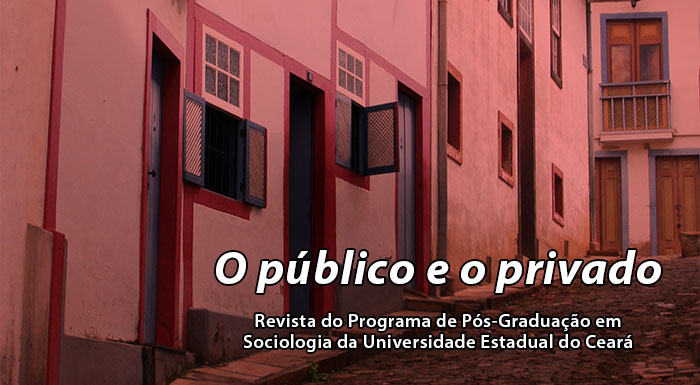Quilombola communities
access to social rights and results of public policies in the perception of local leaders
Keywords:
Quilombola communities, Public policies, AccessAbstract
Quilombola communities appear on the agenda of Brazilian public policies with the constitution of 1988, when for the first time the Brazilian State refers to ethnic rights for blacks original of subordination processes. From 2003 are magnified agenda items of social policies focused on these populations, notably in the field of redistribution. Our hypothesis is that such actions generate low impact on the living conditions of these communities. Thus, we conducted a survey in 2011 which addressed the 161 quilombo communities that until that year had already received the collective title of land tenure. In these, we interviewed the main community leadership and secondary leaders. This article summarizes the data collected and builds on, too, the prints obtained in fieldwork. Specifically we seek to map, through the perception of leaders, what changes occurred in the access to public policies in recent years.











